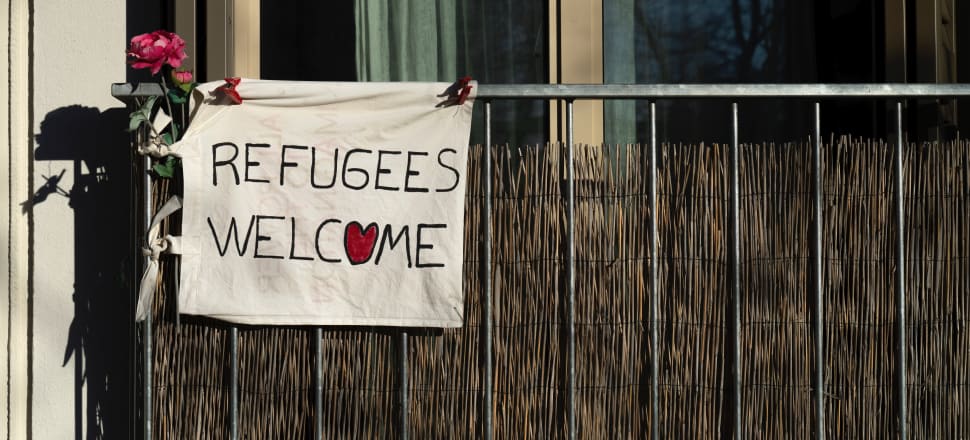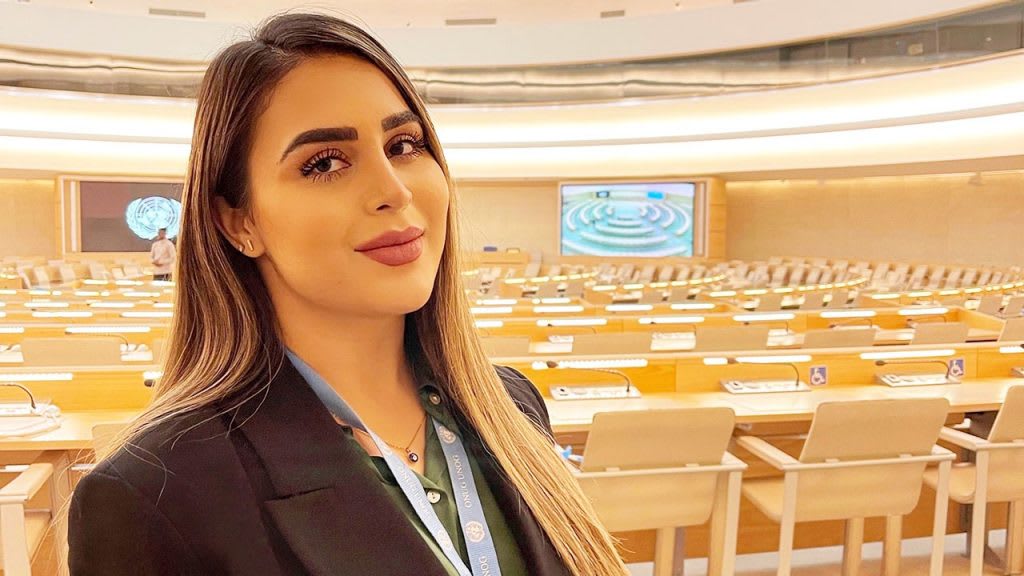
As the world refugee crisis grows year on year, a new panel in NZ hopes to put the refugees themselves in the driver’s seat
A freshly-formed national advisory panel consists of refugees advocating for refugees.
The members of the New Zealand Refugee Advisory Panel were announced this week, with nine members ranging from the recently arrived to those who have been in New Zealand more than 20 years.
The group will focus on bringing refugee communities and organisations together to influence government direction on policies only they can know the impacts of first-hand.
The panel was chosen by a selection committee chaired by human rights lawyer Rez Gardi from the University of Auckland’s Centre for Pacific Refugee Studies and Refugees Seeking Equal Access at the Table.
Gardi’s family arrived as refugees in New Zealand back in 1998 after fleeing the Kurdish Genocide.
She says refugee situations have increased in scope, scale and complexity, bringing a need for new and innovative responses - and it’s refugees themselves who are going to be able to provide those responses.
“Finding the best responses and solutions for the complex issues facing the millions of displaced people across the globe requires input from those with lived experiences of displacement for the development of policies that are closer to the reality on the ground,” she said. “Refugee participation is not only an ‘ethical imperative’. It brings the knowledge, experience, and perspective of refugees more fully into policy formulation and decision-making stages of the policy cycle.”
Gardi said by including refugee perspectives, authorities will be better able to identify problems facing the community, address gaps in services, and receive input that can lead to more innovative solutions.
“It also means that millions of dollars are not wasted in policies and programming that do not have the intended effect for the refugees they are intended to serve,” she said.
Over recent years, refugee participation has become a recurring theme in UN agreements on the global refugee crisis, which has seen double the number of refugees around the world since 2012.
At the same time, the number of these refugees successfully resettled has dropped dramatically, with low resettlement rates exacerbated by the pandemic and local integration strategies.
Perhaps in acknowledgement of the growing scope and complexity of the issue, the UN has talked about putting refugees closer to the front and centre of decision-making about the crisis.
The UN’s 2018 Global Compact on Refugees reads “responses are most effective when they actively and meaningfully engage those they are intended to protect and assist”.
According to Immigration New Zealand, the new panel is in place to make sure decision-making is informed from the refugee perspective, give advice on refugee issues both local and international, advise on policy and identify and take part in work that improves the lives of refugees in New Zealand.
Gardi said we’ve come a long way over the years when it comes to refugee participation, calling this a “fundamental and transformative period”.
“There has been an increased recognition of the value of meaningful refugee participation in global and national refugee policy processes,” she said. “There have been acknowledgments that refugee engagement contributes to solutions that are sustainable and more impactful; innovative forms of advocacy; and the development of policies that are closer to the reality on the ground.”

New Zealand currently has a quota of 1500 refugees.
But Gardi said these numbers don’t live up to New Zealand’s reputation of always punching above its weight - we are 95th in the world when it comes to refugees per capita, with 0.3 refugees per 1000 people, and a record low of resettlements since the beginning of the pandemic.
New Zealand has failed to meet its refugee quota three years in a row, last year falling short by more than 1000. In 2020, the quota was increased from 1000 to 1500 refugees, although that year the country accepted only 263 refugees. In 2021 that increased to 463 - still 1037 short of the agreed-upon quota.
“New Zealand must increase its resettlement quotas in the next few years to compensate for the record-low resettlement numbers which were caused by the pandemic and also reconsider its annual quota,” said Gardi. “Considering the resources that we have as a nation, we can and should be doing better.”
Fiona Whiteridge, refugee and migrant services general manager at Immigration New Zealand, said the establishment of the panel means the utilisation of the collective skills and experience of refugees.
“I’m very excited at the announcement, it’s a reflection of the Government’s commitment to the refugee community and aligns with New Zealand’s Refugee Resettlement Strategy, which aims for refugees to have a strong sense of belonging to their own community and to New Zealand,” she said.
The panel includes refugees such as Antoinette Umugwaneza of Palmerston North, who fled the Rwandan Genocide in the 1990s, and Ayan Said, the Somali AUT PhD student who was a driving force behind the Female Genital Mutilation Crimes Amendment Bill, passed back in 2020.
Other members of the panel are originally from countries such as Colombia and Pakistan.
Gardi said refugees who come to New Zealand strive to contribute and give back to the society that has given them safety, studying and working to contribute to our economy, while making New Zealand society something of a more colourful and vibrant tapestry.
“No one chooses to be a refugee. No one wants to flee their homes, but they’re forced to. Seeking refuge is a human right. We cannot turn our backs on some of the most vulnerable in the world. What would that say about our humanity?”
The members of the panel are as follows:
| Name | Location | |
|---|---|---|
| Antoinette Umugwaneza | Palmerston North | |
| Ayan Said | Auckland | |
| Julia Sheikh | Auckland | |
| Madiha Ali | Hamilton | |
| Mustafa Derbashi | Auckland | |
| Oo Meh Nga | Wellington | |
| Paula Santacruz | Wellington | |
| Rabia Talal Almbaid | Dunedin | |
| Sahra Ahmed | Christchurch |


.png?w=600)




